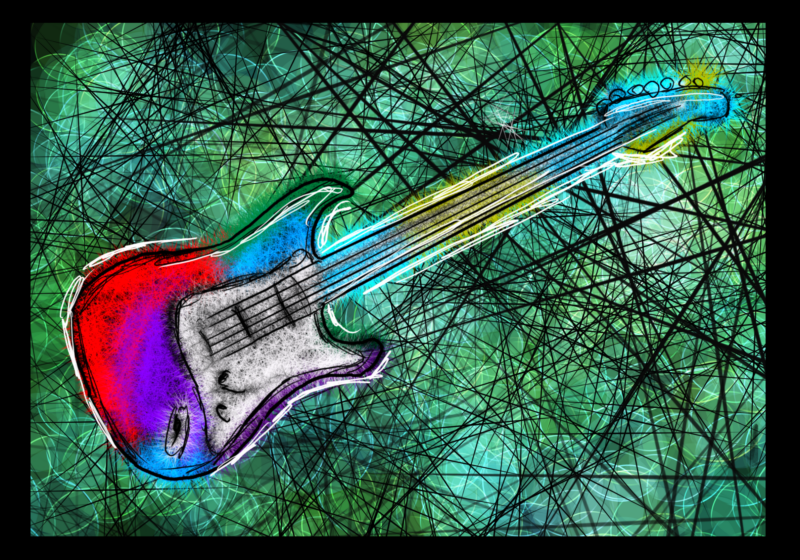Recently the Dean of Students’ Office published a newsletter about the dangers of publishing your personal information online. The most basic summation of the newsletter is this: once you post something on the internet, it is public information. This simply means that students need to make responsible choices about what they are willing to share and thoroughly consider the consequences of their actions. It is possible for this information to get into the hands of the UR administration, or public authorities and, if that occurs, it is justifiable that you be reprimanded and punished as necessary.
According to Director of UR Security Walter Mauldin and Dean of Students Jody Asbury, UR Security and school administrators do not monitor the Internet and look for photos that incriminate students. However, they do follow up on information that they may have been tipped off to, which may lead them to Facebook or similar sites. In addition, fellow students can bring information and photos posted online to the Dean of Students’ Office as evidence of student violations. These aren’t far-fetched situations – they have happened.
Recently, many schools have taken the search for troublemakers one step too far. Deans at other institutions carefully search the Internet for students who are misbehaving and punish them for activities going on in pictures or explained in blogs or wall postings. UR has not embraced that policy. And, until something happens where it seems the safety of students will be sacrificed if the Internet isn’t monitored, UR should not join those schools. The policy facilitates distrust between the administration and the student body. If UR does change its policy, it is important that students be made aware of the new rules governing the faculty and staff use of these networks.
There are ways to still share pictures and stories with your friends. For example, you can make your online photo albums, Facebook profiles and other personal information private or password protected. But remember, this is just a precaution and others can still gain access to them. The Internet is a public forum and students must carefully make responsible choices about how they act and what they are willing to display.





